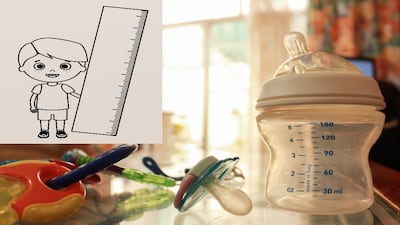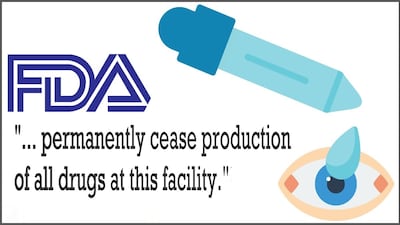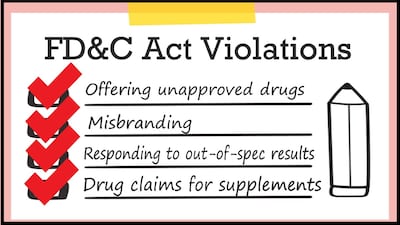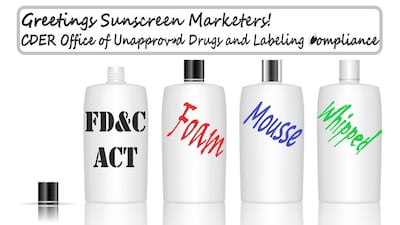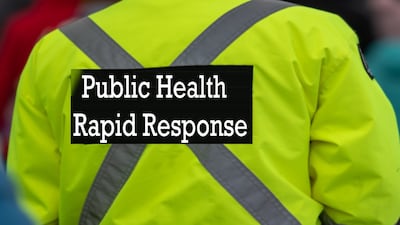Warning Letters
When FDA warned Agebox about selling iKids-Growth IGF-1 Support supplements as unapproved drugs, agency along with CDC had for around a month been investigating outbreak of infant botulism linked to ByHeart formula.
Virgin Scent didn’t respond to NAD attorneys’ “repeated outreach attempts” asking for evidence supporting ad claims for Artnaturals NAD+ challenged by another NAD+ supplement marketer, Reus Research.
Viatris says initial corrective work at its oral solid dose site in India is “substantially complete” and that it has met with the FDA to discuss next steps following last year’s warning letter and import alert.
BRS Analytical Services in St. Louis recalled more than 75,000 cases of redness and lubricating eye drops and committed “to permanently cease production of all drugs.”
In change with potential to help supplement firms establish availability of dietary ingredients in US predates their use in drugs, FDA grants argument by NPA and CRN that marketing of ingredients dates to even when they use in supplements may be unlawful under agency regulations.
Recent FDA warning letters hit typical problems in consumer health space such as manufacturing quality control deficiencies, but also note honey offered for eye infections and nasal spray to enhance cognitive function.
FDA admonishes five marketers for straying from approved sunscreen dosage forms in recent warning letters. Violative delivery formats render products unapproved drugs and misbranded.
PCH lowers full-year guidance even after reaching $100m deal to acquire Canadian sterile ophthalmic manufacturer for its Clears Eyes line troubled by supply slumps for several years. Its $47.5m reported net sales for April-June period were down 6% from a year ago.
Explaining he was a heroin addict for 14 years more than 40 years ago “because it was so available,” Secretary Kennedy says “our agencies have been asleep in the wheel” but “now we're going to wake up and we're going to start to stop this before it starts.”
Recent FDA warning letter claims Boston firm specializing in wearable technology marketed a blood pressure device without agency approval, but the company rejects the assertion and says the agency is out of step with federal regulations.
Recent warning letters to seven companies marketing products with kratom extract known as 7-OH are FDA’s first in three years referencing unlawful products containing kratom and the first of all its kratom-related warnings to reference extracts from the botanical.
“RRAs are valuable oversight tools and under certain circumstances, can assist FDA in its mission to protect public health, oversee regulated industry, and help ensure regulated products comply with FDA requirements,” according to final guidance.
